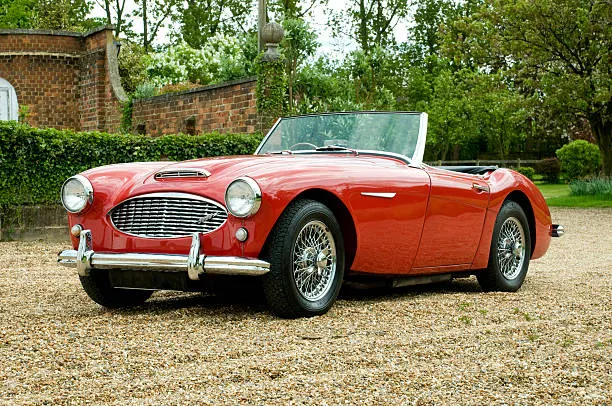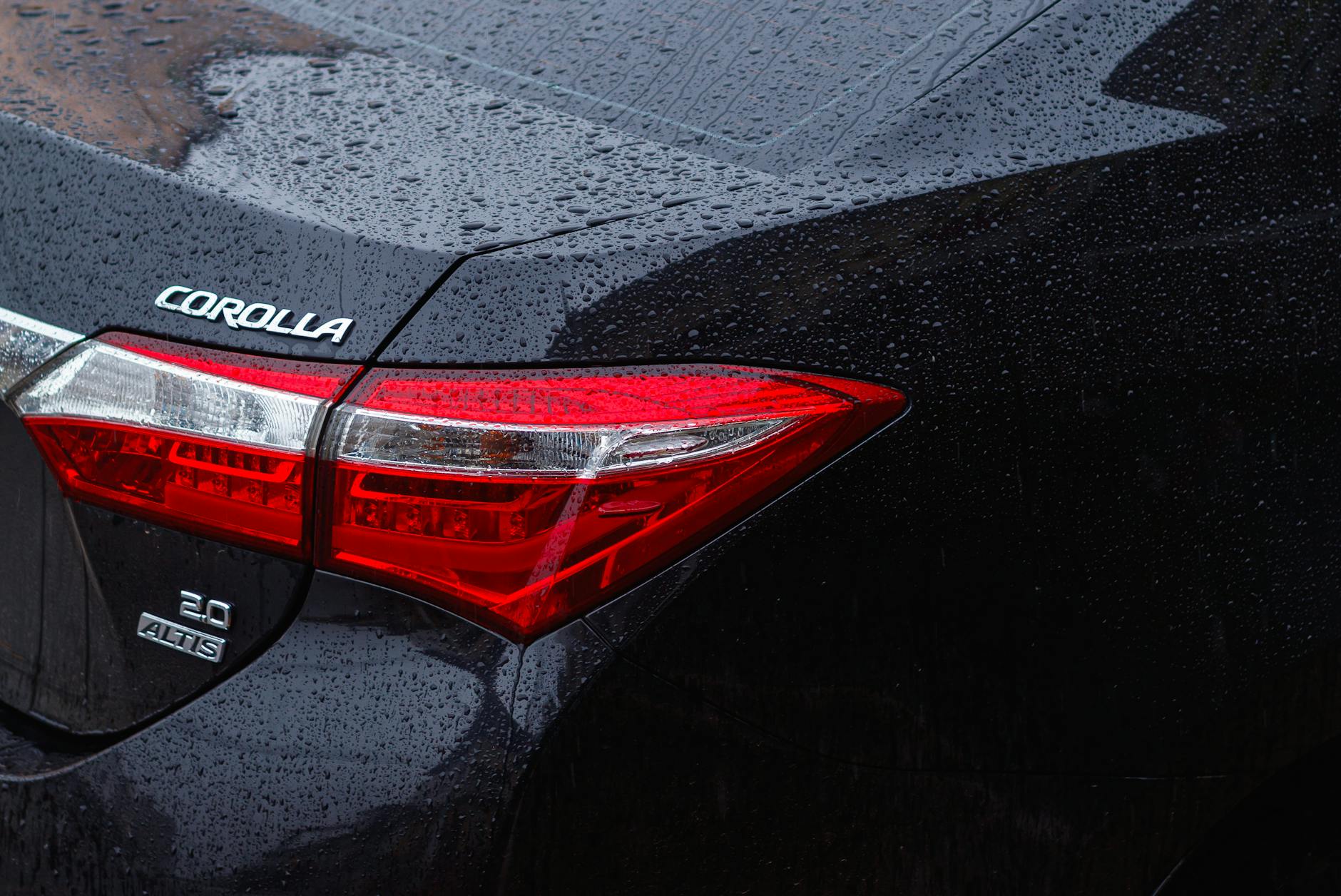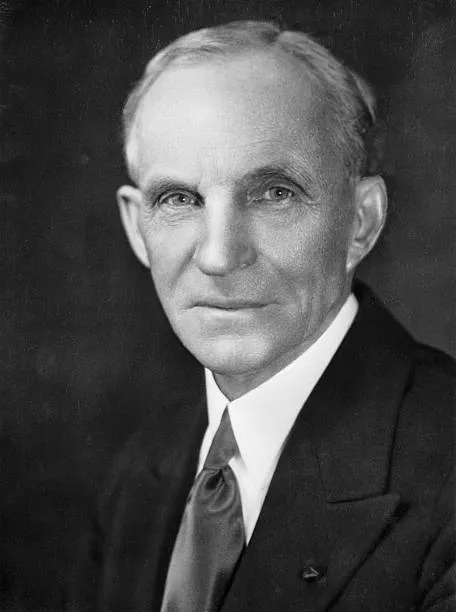Personal Finance Lesson 105 Assignment
In this assignment, I’ll be comparing old cars against new cars in a pro and con style essay, to decide which is better.
First, we have to define what an old car is. I’d say that any car 20 years or older is a old car. Anything newer is a new(ish) car.
Old Cars
Pros:
Cheaper: Older cars are much cheaper than newer cars, because of the price depreciation.
Simplicity: Old cars usually have a more simplistic design, which may make them easier to repair. Some people say that this makes them more reliable, as there are less complicated parts in the car.
Lower insurance cost: Generally, the older the car, the cheaper they are to insure.
Fun to drive: Most old car owners claim that they are fun to drive, and that they respond better than new cars.
Cons:
Repairs: Yes, even though I said old cars can be easier to repair, sometimes they can also be harder. Old cars may need specialized parts that may be harder to find or more expensive. They may also require specialized knowledge.
Less safety technology: Cars from older generations aren’t up to date to the safety standards today, and they may not have as much safety features as newer cars.
Less gas efficient: Old cars are not very gas-efficient, and there aren’t many hybrid or electric old cars.
New Cars
Pros:
Reliability: New cars are more reliable then older cars, and they usually have less miles.
Safety and technology: These cars have a lot more safety and technological features, making them more convenient.
Customization: (This only applies to brand new cars.) If you buy a car straight from the factory, you have tons of control over trim, paint color, style, and extras.
Gas efficiency: A lot of new cars are hybrids, which get very high mpg. Even the non-hybrids are better on gas.
Cons:
Higher Cost: Obviously, new cars have a much higher purchase price, but they are also more expensive to insure, and sometimes to repair.
Complexity: Newer cars are generally more complex than older cars.
Mass-produced: Many people would say that new cars are mass-produced, which makes them less reliable and have less character than older cars.
Conclusion:
In my personal opinion, I prefer cars that are not too old, but not very new either, around the 2005-2015 model year range. But honestly, there is no right or wrong answer. It just depends on your preference and circumstances.
Thanks for reading! Feel free to comment your opinion on old vs new cars.


